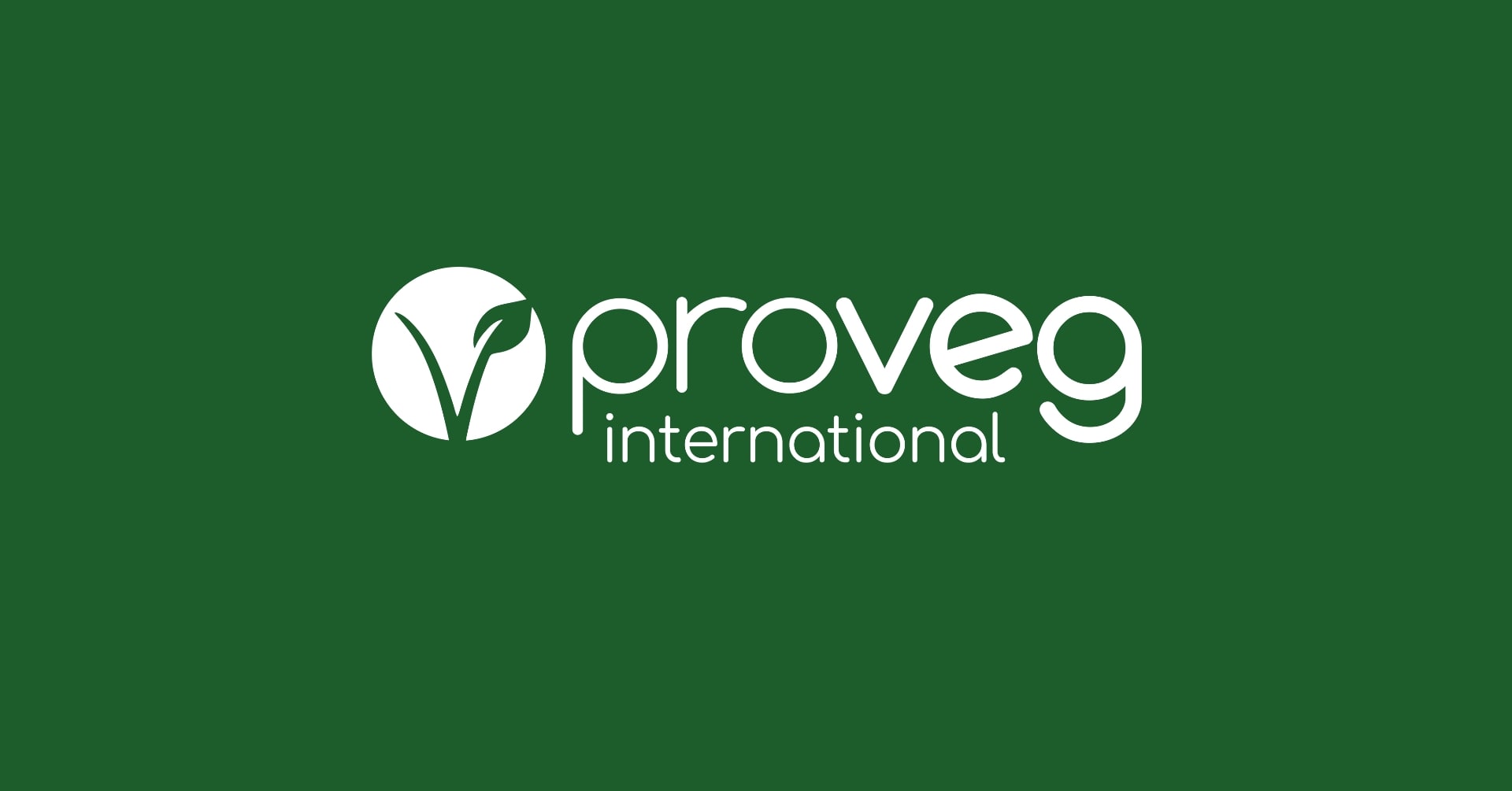ProVeg is looking to fill the following positions:
About ProVeg
ProVeg International is a food awareness organisation working to transform the global food system by replacing animal-based products with plant-based and cultured alternatives. We work with decision-making bodies, companies, investors, the media, and the general public to help the world transition to a society and economy that are less reliant on animal agriculture and more sustainable for all humans, animals, and our planet. We have offices in nine countries across four continents and are active around the world. ProVeg has a permanent observer status with the UNFCCC, special consultative status with ECOSOC, is accredited for UNEA, and has received the United Nations’ Momentum for Change Award.
International Finance Director
We are seeking an experienced and committed International Finance Director to oversee all financial aspects of ProVeg International as a growing network of organisations, and to manage international financial relations between all national ProVeg entities, including driving the organisation’s financial strategy and planning. The successful candidate will be responsible for overseeing and assessing the organisation’s finances, cash flow and balance sheet, forecasts, total and project budgets, and finance operations. You will streamline, implement and optimise systems and procedures to ensure the compliance, donor reporting and related fundraising and other needs of the organisation are fully met. You are a reliable professional with broad knowledge of accounting, financial management and annual reporting, and ideally charity-specific principles. You are a strategic thinker and effective leader who can make the best decisions in line with our organisation’s vision, mission and values.
Lear more about the role and submit your application here.
International Fundraising Manager
ProVeg International is a global organisation made up of 12 national non-profit teams, each of which is responsible for local fundraising, supported by an international fundraising team focused on major opportunities, international, and core funding.
The role of the International Fundraising Manager is to work closely with the Philanthropy Director, Grant Writing Manager and Supporter Engagement & Administrative Coordinator to take income generation to the next level across the organisation, with the goal of at least doubling our global income from around 15 to 30 million dollars in the next three years.
You will need to be a self-starter and an excellent project manager in order to deliver a mix of direct major donor fundraising wins, support to senior management with their donor relationships and empowering country fundraisers to meet their targets. You are a major donor fundraising specialist, who builds internal and external relationships, identifies opportunities while providing strategy, best practice and encouragement to create a culture of impactful fundraising.
Lear more about the role and submit your application here.
Grant Writing Manager
ProVeg International is a global organisation made up of 12 national non-profit teams, each of which responsible for local fundraising, supported by an international fundraising team focused on major opportunities, international, and core funding.
The role of the Grant Writing Manager is to provide excellent and compelling fundraising content of all kinds, whether internal cases for support, proposals, applications or reports in order to support the goal of at least doubling our global income from around 15 to 30 million dollars in the next three years.
You will be an expert in grant writing, and have a keen eye for detail and basic financial acumen related to project funding bids. You will manage a pipeline of global trusts and foundation applications, while providing support to proposals of other kinds driven by the wider fundraising team. Ideally you would be experienced in drafting compelling narratives for complex charitable causes, ideally in climate, environment or food systems transformation.
Lear more about the role and submit your application here.
Thank you for your support and should you have any questions, feel free to reach out to me!



